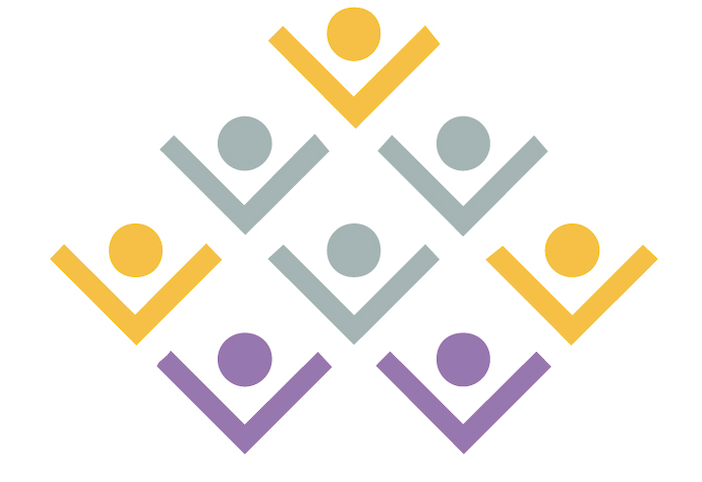Can You Be Kind in Your Thoughts, Words, and Actions?
This is the first of ten posts teaching the first two limbs of yoga— the yamas and the niyamas— in a manner that relates to contemporary living with real-world anxieties. A key component to a life of integrity is framing it with the yamas and the niyamas as you know how you relate to others and love yourself. I will teach these guidelines one at a time with the hopes you, the reader, take the time and care to implement these principles into your daily life. Notice your thoughts, words, and actions and if they align with these teachings.
Non-harming (ahimsa) is the first of the yamas that starts you on your path. Simply put, it means kindness. It’s not difficult to imagine being kind to another. You’d never hurt babies, loved ones, neighbors, or even a complete stranger.
Ask yourself how you think of others. Do you think harmful things about them? For example, “Baby is being such a pest by not letting me sleep for an hour straight! Why is she being so selfish and crying all the time to nurse? I just fed her!” or “My neighbor is so horribly inconsiderate for letting his door slam when he comes home at night.” Consider what you say. Is it kind or is it judgemental?
My partner and I were walking to his car yesterday after my yoga class. A person had parked in a handicapped spot crooked, making it hard for another vehicle to park. He said how selfish the person was for parking in this way. I kept asking him to consider their circumstances— were they in a rush? Were they in a state of emergency? Were they able to see the lines through the icy slush on the ground?
Kindness means giving the benefit of the doubt and opening your heart to another’s circumstance before jumping to conclusions.
Words we say and think have power. I suggest working toward saying what we truly feel in ways that are non-harming.
Kindness (Non-harming) invites us to discern the other side of the relationship and seek a fuller perspective on what is happening.
Returning to the first example, instead of thinking that your baby is a pest for not letting you sleep, instead consider this: “Baby needs my attention a lot more often right now, and it is really exhausting. I’ll do my best to keep up with her needs and hope she gets through this phase soon, so I can get more sleep. It must be frustrating for her to always need another person to satisfy her needs, and it’s such an honor to be the person she loves so much that I’m the one called to do it.” Do you see how it is the same scenario but a complete shift in perspective and approach to satisfy the problem?
Once you start operating in a way that is Kind/non-harming, you frame your daily interactions with more compassion and action, not blame.
You can also apply kindness/non-harming to how you talk, think about, and care for yourself. Do you call yourself inadequate? A failure? Lazy? How is your self-image? Do you loathe parts (or all) of yourself? How can you find love and compassion for yourself in ways that motivate you to take appropriate self-care steps to nurture yourself? You may find ways to care for yourself that are better than anyone has been able to do for you.
How can you be non-harming in your thoughts? How do you speak and act toward yourself? For example, are you denying food when you are actually hungry or pushing too hard when you are tired? How might you be non-harming in your thoughts, words, and deeds to others? To the community? To the environment?
Commit to this practice every day for a week and notice how your heart feels, how well you sleep, and how your stress levels improve!
